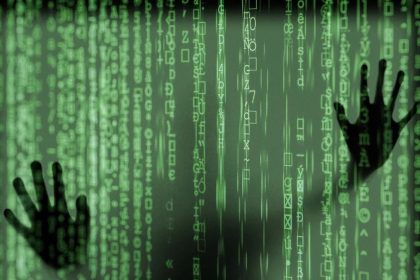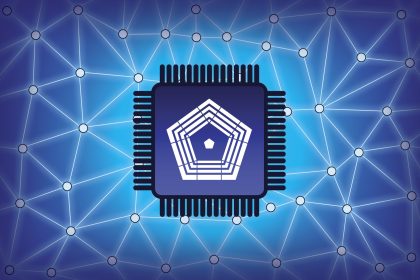Defense Department Officials Bemoan Increasingly Sophisticated Cyberattacks

WASHINGTON — Defense Department officials described a bleak outlook for cybersecurity to a Senate panel Tuesday as a report of another huge Internet scam emerged from a new government report.
However, they also said they are becoming increasingly sophisticated in stopping the scammers.
“Neither the [Defense] Department nor the [defense industrial base] will ever be able to secure industry’s networks and control unclassified information completely but our goal over the short, medium, and long terms is to complicate and frustrate adversary planning and operations so that our adversaries cannot act with impunity or at scale,” Rear Admiral William Chase told the Senate Armed Services subcommittee on cybersecurity.
Chase is the director of the Defense Department’s Protecting Critical Technology Task Force.
He spoke to the Senate subcommittee one day after the Federal Trade Commission reported that nearly 7,000 cryptocurrency purchasers lost more than $80 million to scammers from October through March. The victims were duped into believing they were investing their money through reputable organizations after being contacted through social media.
Also discussed during the hearing was the 2020 SolarWinds cyberattack, in which Russian government agencies penetrated deep into the computer files of several U.S. agencies and contractors.
Meanwhile, Eastern states continue to recover from the Colonial Pipeline ransomware attack that shut down the largest U.S. pipeline until a $5 million ransom was paid last week to the cybercriminals, believed to be based in Russia. Gas prices shot up in 11 states amid reports of widespread fuel shortages.
President Joe Biden is proposing increasing his 2022 federal budget request for cybersecurity to $2.1 billion with early indications it will win approval in Congress.
Chase acknowledged similar cyberattacks against the Defense Department but gave few details of what kind of information was stolen.
He said that beginning in 2006, the Defense Department began a large-scale effort to halt computer-based incursions into its network.
Despite initial success, “that threat continued to grow, and, in 2018, the Department of Defense faced a threat to its military advantage by determined adversaries and their intent to steal plans, documentation, designs and intellectual property for key weapon systems,” Chase said in his testimony.
The Defense Department has identified Russia, China, Iran, North Korea and Syria as the adversaries who persistently seek to break into its classified files.
Chase said the Defense Department computers are generally secure but not the networks of “small- and medium-sized subcontractors, where much of the same valuable data resides.”
Recent Defense Department cybersecurity has focused increasingly on government contractors, he said.
The efforts use “close coordination, cyber-conscious program management and the establishment of appropriate incentives,” he said.
Jesse Salazar, the Defense Department’s deputy assistant secretary for industrial policy, acknowledged to the Senate that protecting the information of all Defense Department contractors will be “challenging.”
.
“The average American aerospace company today has about 200 tier 1 suppliers,” Salazar said in his testimony. “The second and third tiers of the supply chain may be comprised of more than 12,000 companies, offering numerous pathways for adversaries to access sensitive private and public sector information.”
About 74% of what he called the “defense industrial base” consists of small businesses.
He described a three-party strategy the Defense Department is using to improve contractors’ cybersecurity.
It includes new contract language requiring the companies to meet Defense Department standards, external reviews of compliance with the standards and providing contractors with the resources and training they need for their cybersecurity obligations.
He would not give the Senate guarantees of success, only a summary of the challenge facing the Defense Department.
“Increasingly sophisticated, well-resourced, and pervasive cyberattacks, including state-sponsored espionage, are threatening the United States and the rules-based order on which the global economy relies,” Salazar said.






















